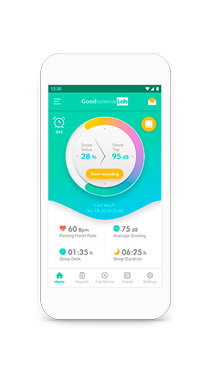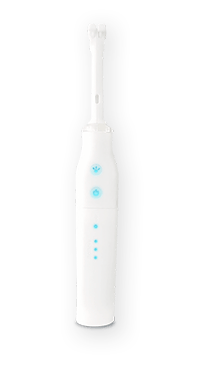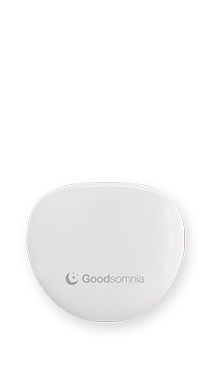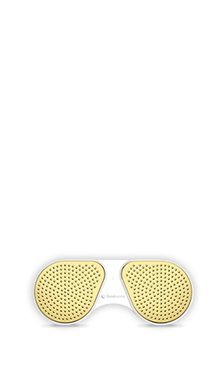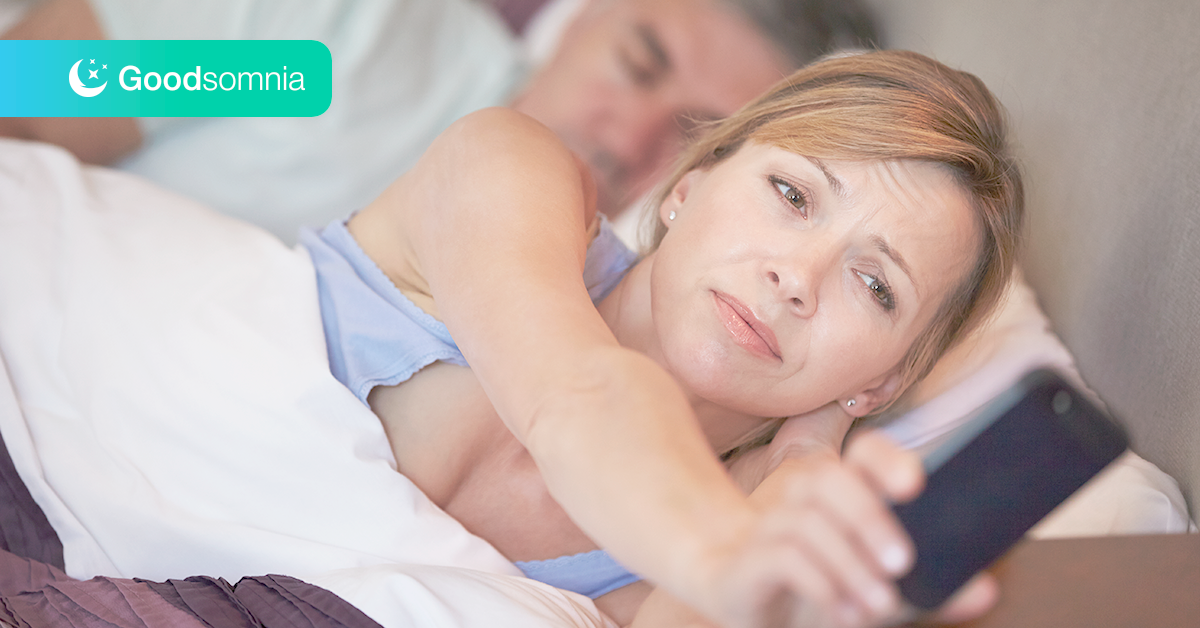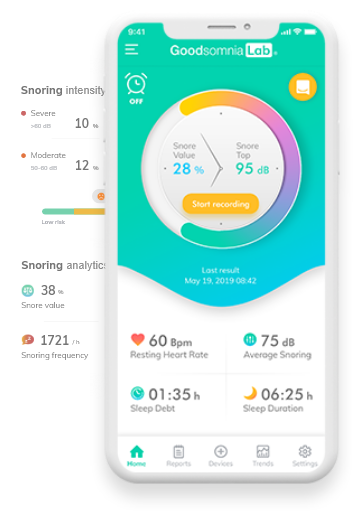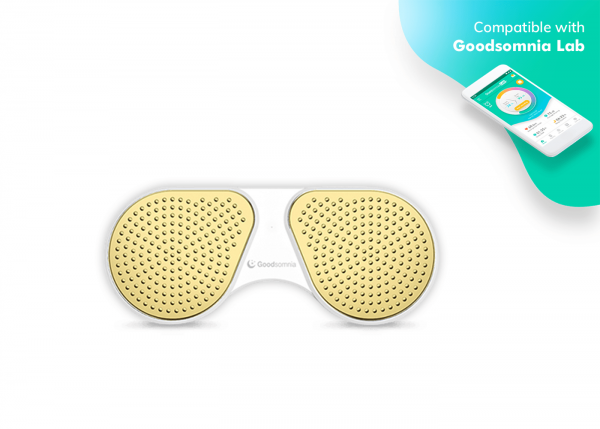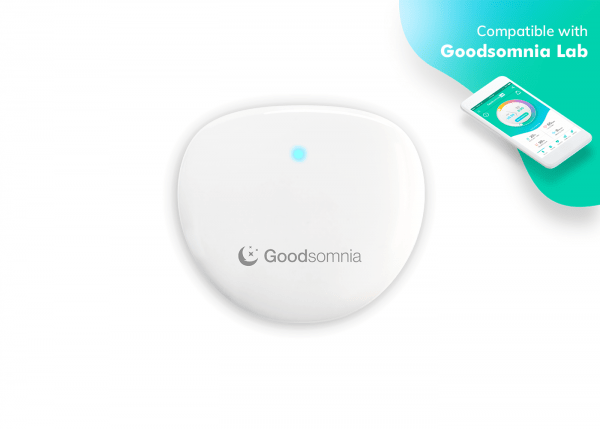Insomnia, sleep apnea, narcolepsy, bruxism. Do you know what really stands behind these words? Knowing about the problem is only 50% of it’s resolving, the rest is treatment. So, let’s figure out what are the most common sleep disorders causes and effects, and how to prevent them on your own.
What is sleep disorder?
In a modern, fast-paced society sleeping habits have modified that much that we can’t even distinguish quality sleep from a bad one. In primary care, 10-20% of people complain of significant sleep problems. Sleep disorders and symptoms can be tricky things to detect because of two reasons: lack of awareness and self-preservation. To help you resolve the first problem, sleep disorder commonly involves problems with the quality, timing and amount of sleep, and these factors together lead to stress and depression. If you don’t have a strict sleeping schedule, your sleeping place is not in the proper order or your sleeping position doesn’t suit you. These can be sleep disorders causes. Sleep problems are linked to both physical and emotional health but sleep disorders in adults are more common than in children.
Six sleep disorder types
- Insomnia
People with insomnia have difficulties with falling asleep. They usually wake up often during the night and much earlier in the morning. Such people feel lack of energy during the whole day, as a result, insomnia, and anxiety are closely connected. Experiencing bad-quality sleep leads to lack of concentration, low performance at work and overall dissatisfaction with yourself. So, insomnia and depression go one by one.
- Sleep apnea
The condition when a person experience stops breathing during sleep is called sleep apnea. There are 3 types of sleep apnea: obstructive and central sleep apnea, and complex sleep apnea syndrome. The key difference between the first two is who takes responsibility for stopping the breath. In case of OSA – something in the airway blocks the airflow; CSA is the brain regularly disrupts the breath. Complex sleep apnea syndrome is a mix of OSA and CSA. Sleep apnea and blood pressure diseases are strongly linked. The risk of stroke, heart attack, irregular heartbeat is higher if you have sleep apnea.
- Bruxism
Teeth grinding and headaches are sleep disorders that may be ignored at first. Excessive stress and anxiety are considered as the causes of bruxism. The best way to detect bruxism is to ask your bed partner whether he/she heard teeth grinding noises during the night. Also experiencing such bruxism symptoms as a sore jaw in the morning, headache can be the first triggers of the disorder.
- Narcolepsy
The root of this disorder lies in the neurological system. Narcolepsy is basically the inability to take control of your sleep. The desire to have a sudden sleep may attack you at any time of a day. Among the narcolepsy symptoms are weakness and loss of voluntary muscle control, sleep paralysis, memory lapses. In fact, narcolepsy and insomnia have a lot in common symptoms but the mechanism of the disorder is different.
- Sleepwalking disorder
Walking while sleeping is the vivid consequence of inefficient sleep and/or lack of sleep.
Sleepwalking is known as somnambulism and we used to think that that it’s more common in children but not only. People who are sleep deprived are also in the risk zone. In fact, sleepwalking is a behavior disorder that arises during deep sleep and results in walking while asleep. Sleepwalking can be dangerous because a person remains in deep sleep and can’t act consciously.
- Restless legs syndrome
If you suddenly feel a strong discomfort to move one’s legs, this is RLS. It becomes difficult and even painful to move them. Restless legs syndrome is more common in women and most people believe it’s hereditary. Although, medications, low-quality sleep and lack of iron are also among the restless leg syndrome causes.
How to prevent sleep problems
Getting to know sleep disorders symptoms and causes can be very helpful while preventing sleep disorders. Mostly because if we know the reason of the problem and it’s changeable, so we can put some efforts and fix it on our own. For example, obesity, lack of physical activities and irregular sleep are usually considered to be the causes for sleep disorders. But all of them are customized. So, you can start eating healthy food, setting up the sleep schedule, practicing digital-detox, go to the gym, start running or practice yoga. These activities can change your sleeping habits, overall feeling, and mood. If you wonder “Can sleep disorders be treated on your own?” just try to implement some of these “healthy habits” in your life.

